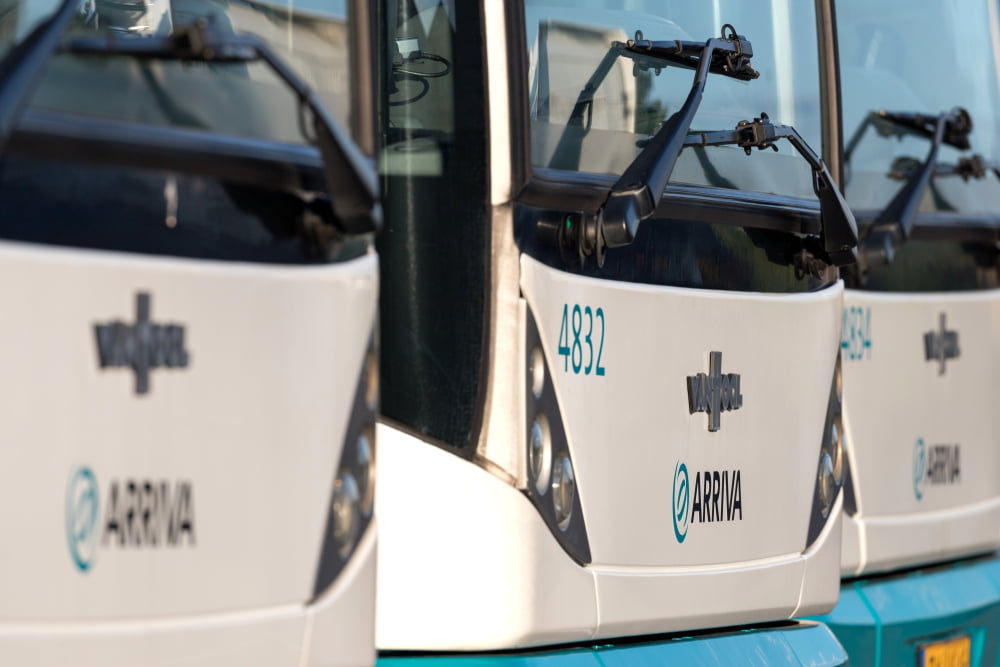Arriva ultimatum expired, no solution yet for excessive workload.
There is a loud call for change in the heart of Twente. Arriva bus drivers, frustrated by what they consider untenable working conditions, have decided to take action. On Tuesday, March 12, from 9:00 AM to 12:00 PM, they will stop their work and gather for a public action at the station in Enschede. This action marks a crucial moment in their fight against the extreme workload that burdens them every day.
The situation in Twente is symptomatic of a broader crisis within Dutch regional transport, where employees have been struggling with increasing work pressure for a long time, partly due to takeovers and adjustments in the sector. The takeover of transport tasks from Keolis by Arriva has specifically sharpened the situation in Twente. Marijn van der Gaag, director of FNV Streektransport, explains the critical points: “Better agreements must be made about driving and rest times. Drivers must, among other things, be able to take a 30-minute consecutive break. With the tight schedules that currently exist, drivers hardly have time to eat, go to the toilet or stretch their legs.”
The trade union FNV has issued an ultimatum to Arriva, demanding that action be taken to reduce the workload. This ultimatum has now expired without a solution being reached. “This is our first day of strike,” Van der Gaag emphasizes. “We have made it clear to Arriva that something must be done. So far no solution has emerged.”

Arriva Twente has more than 400 employees, many of whom endorse the need for action. There is a great willingness to take action among the union members, and more strikes cannot be ruled out if Arriva does not come up with a satisfactory solution. “The employees really want Arriva to come up with a solution for the excessively high workload. If that doesn't happen, I certainly don't rule out more strikes," Van der Gaag explains.
The FNV advocates respecting the old driving and rest times as they also applied at Keolis, in order to bring the workload to an acceptable level. This would not only benefit the drivers but ultimately also the travelers, because drivers can better keep up their work.
This situation in Twente is an important test case for the future of Working Conditions within Dutch public transport. It shows that workers are willing to stand up for their rights and highlights the need for dialogue and compromise between workers and employers in this sector.




